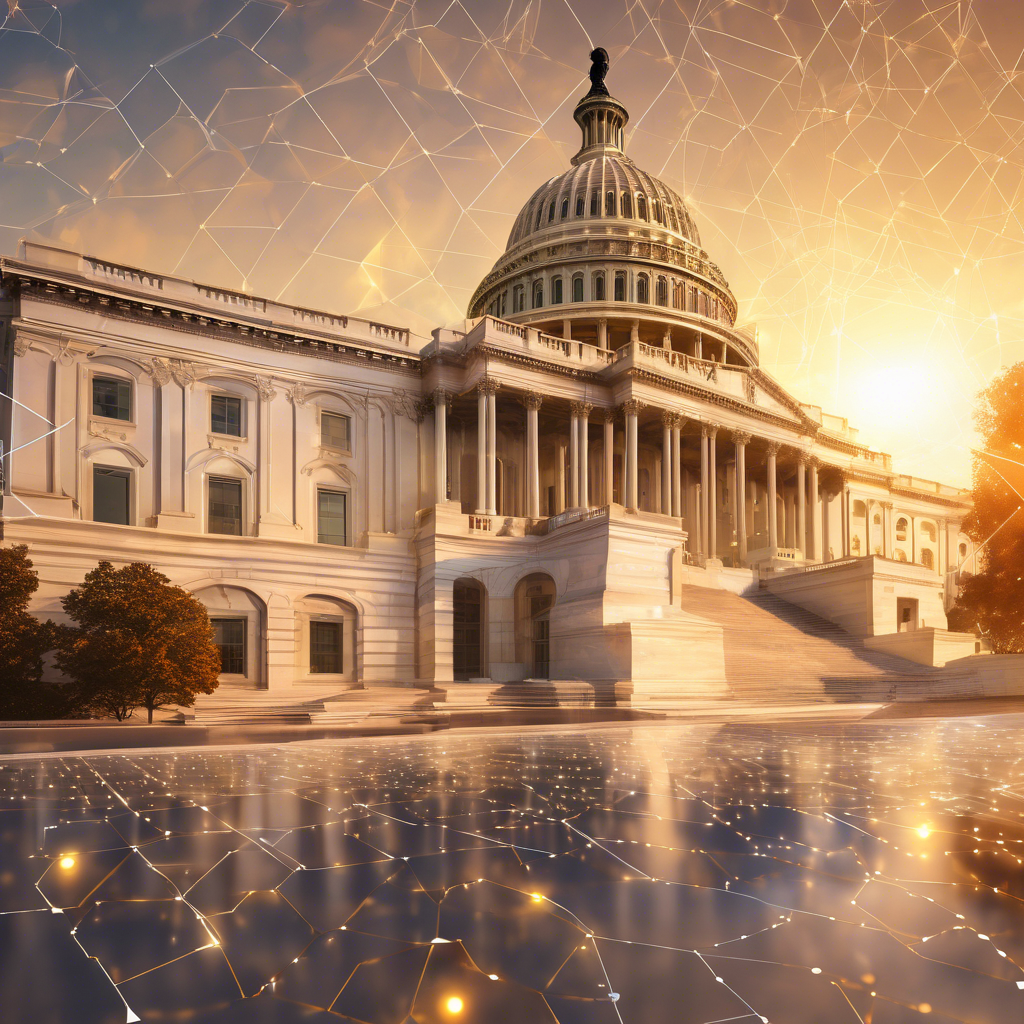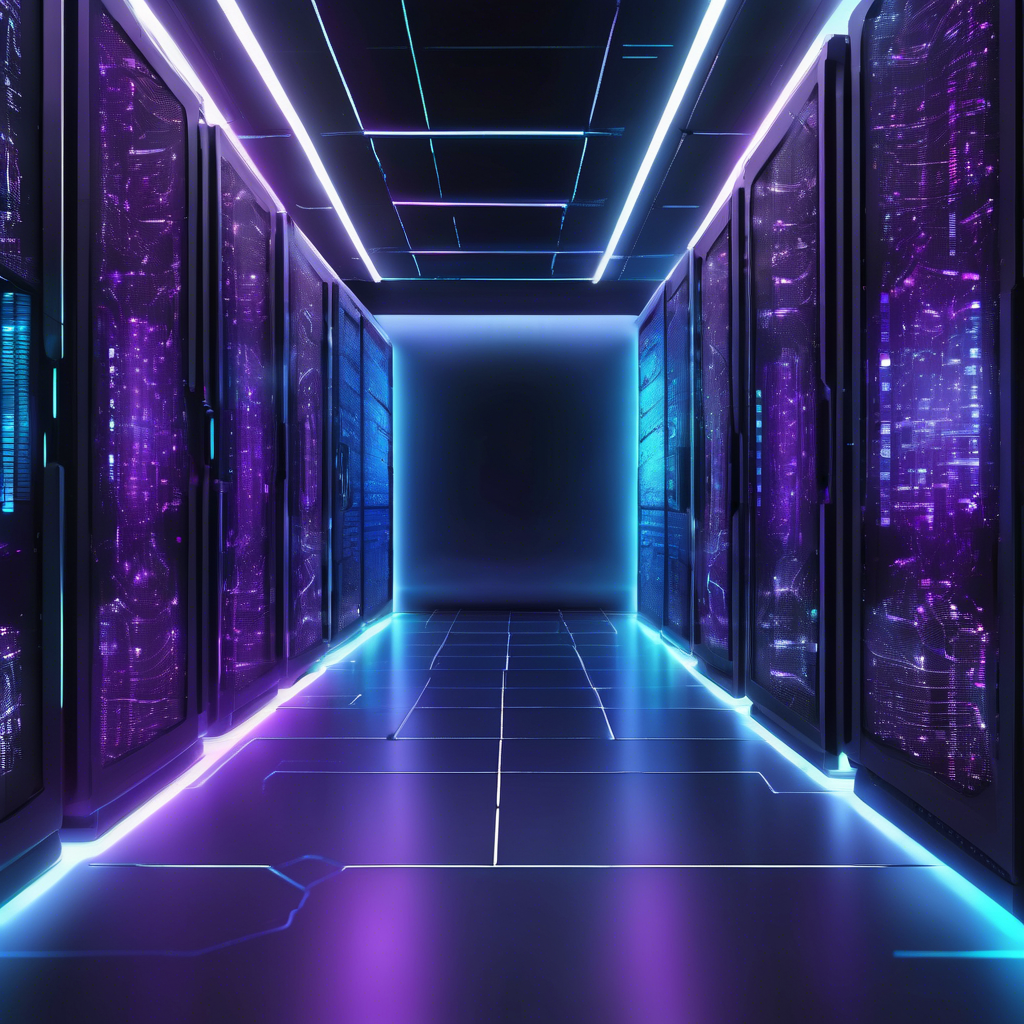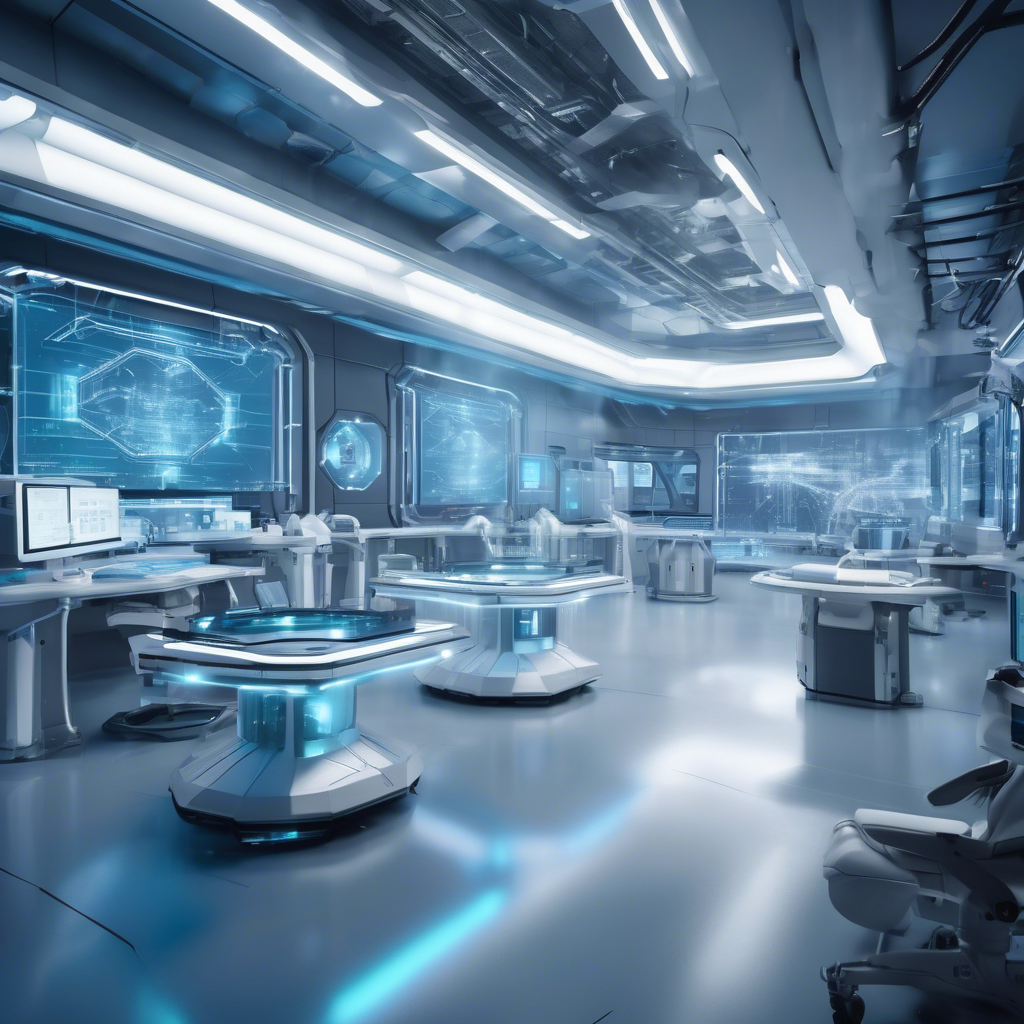The Future of AI in Consumer Devices: Integrating Neural Processing Units

AI is often associated with job losses and future dangers, but its true potential is still years away. Currently, the focus is on convincing consumers to pay more for AI-enabled devices despite limited benefits. Hardware companies like AMD are investing heavily in AI and shifting their focus towards software support and optimization. AI neural processing units (NPUs) are expected to be integrated into most PCs in the coming years, similar to the transition from single-core to multi-core processors. Selling AI to the average consumer remains a challenge, as many are unaware of the benefits and reluctant to pay extra for AI hardware.
However, there are significant advantages to NPUs, including faster processing speed, increased security, and improved power efficiency. AI laptops offer enhanced battery life, portability, and lighter designs. AI is not just a passing trend; it is being embraced by the industry, and the future will see AI processing tasks locally on devices rather than relying on the cloud. While current software limitations exist, advancements will continue to bridge the gaps. The NPU is set to become a key specification alongside CPUs and GPUs, solidifying AI's presence in the tech landscape.
Brief news summary
The challenge AI technology faces is not job losses or futuristic dangers, but rather convincing consumers to invest more in AI-enabled devices due to limited current benefits. Companies like AMD are heavily investing in AI, focusing on software optimization and support. In the coming years, AI neural processing units (NPUs) are expected to be commonly found in PCs, similar to the shift to multi-core processors. AMD's Ryzen AI 300 series offers significant processing power, measured in trillions or tera operations per second (TOPS). The main obstacle is selling AI to average consumers who may be unaware of its benefits and reluctant to pay extra for AI hardware. Despite this, local AI processing provides faster speeds, offline availability, and improved security. NPUs are energy-efficient, resulting in longer battery life and sleeker laptops. Although there are current software and compatibility limitations, the future of AI on devices is promising, indicating its presence is here to stay.
AI-powered Lead Generation in Social Media
and Search Engines
Let AI take control and automatically generate leads for you!

I'm your Content Manager, ready to handle your first test assignment
Learn how AI can help your business.
Let’s talk!
Hot news

Independent Publishers File Antitrust Complaint A…
A coalition of independent publishers has filed an antitrust complaint with the European Commission, accusing Google of market abuse through its AI Overviews feature.

Congress Declares Crypto Week: U.S. Lawmakers Gea…
Key Takeaways: The U

Ilya Sutskever Assumes Leadership of Safe Superin…
Ilya Sutskever has assumed leadership of Safe Superintelligence (SSI), the AI startup he founded in 2024.

‘The world supercomputer’: Nexus activates final …
This segment is from the 0xResearch newsletter.

Tech Industry Collaborates with Pentagon to Enhan…
The collaboration between the U.S. technology sector and the Pentagon is intensifying amid rising global instability and the growing strategic relevance of artificial intelligence (AI).

Stablecoins' Potential and Adoption Challenges
Stablecoins have been widely hailed as a transformative innovation for global payments, promising fast, low-cost, and transparent transactions that could revolutionize cross-border money transfers.

U.S. M2 Money Supply Reaches Nearly $22 Trillion
In May, the United States reached a significant economic milestone as its M2 money supply hit a record $21.94 trillion, marking a 4.5% increase from the previous year—the fastest growth rate in nearly three years.

 Auto-Filling SEO Website as a Gift
Auto-Filling SEO Website as a Gift








 Auto-Filling SEO Website as a Gift
Auto-Filling SEO Website as a Gift

